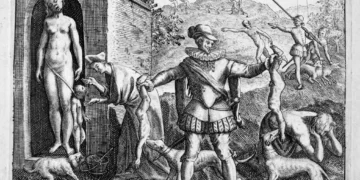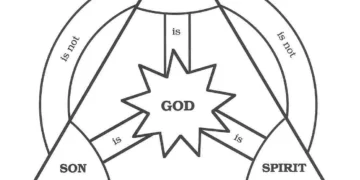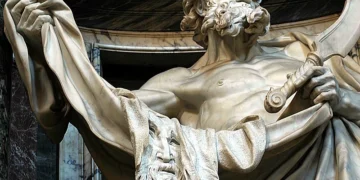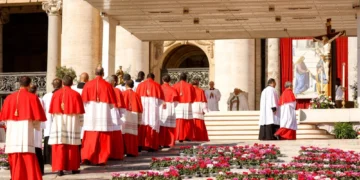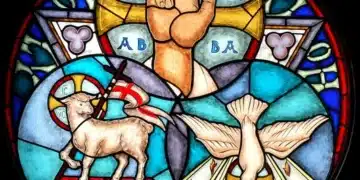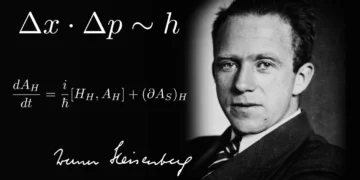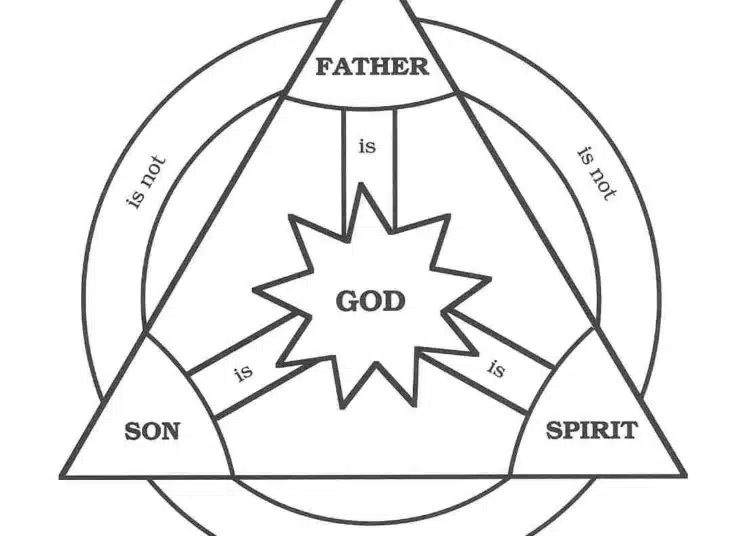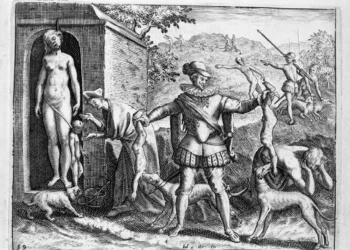In the realm of Christian theology, a concept stands supreme, one that encapsulates the very essence of God’s nature and the foundation of Christian belief: the Holy Trinity. Though challenging to comprehend fully, the Holy Trinity represents the awe-inspiring mystery of the triune God in Christian doctrine. This article seeks to shed light on the significance, history, and the everlasting influence of this sacred doctrine in Christianity.
Unveiling the Holy Trinity
The Holy Trinity, in its simplest form, refers to the divine nature of God as three distinct persons: the Father, the Son, and the Holy Spirit. It is unifying, yet diverse; a harmonious dance between Father, Son, and Spirit that unveils the multifaceted nature of God Himself.
Historical Origins
The roots of the Holy Trinity can be traced back to the early centuries of Christianity. Its precise formulation and understanding took time to develop through the ardent reflection and wisdom of theologians and church fathers. Councils like the Council of Nicaea (325 AD) and the Council of Constantinople (381 AD) played pivotal roles in shaping the Church’s understanding of the Trinity, affirming its place within Christian doctrine.
Deeper Understanding of the Holy Trinity
To grasp the concept of the Holy Trinity, it requires open hearts and minds, recognizing that comprehending the infinite nature of God is beyond human capability. Although the mystery remains, Christians seek to grow in their understanding and embrace the beauty of this divine union.
The Father
The first person of the Holy Trinity, the Father, represents the source of all creation, the ultimate loving authority, and the divine nurturer. He is the benevolent and wise Creator who extends His unconditional love and guidance to humanity.
The Son (Jesus Christ)
The second person of the Holy Trinity, the Son, manifests in the person of Jesus Christ. Through His earthly ministry, Jesus fully revealed the Father’s love, grace, and redemption. His sacrificial death and glorious resurrection became the unbreakable bond for human salvation, bridging the gap between humankind and God.
The Holy Spirit
Completing the Trinity, the Holy Spirit represents the divine presence within believers’ hearts, guiding, empowering, and transforming lives. The Spirit acts as a spiritual counselor, comforter, and advocate, helping Christians deepen their faith and live a Christ-centered life.
Importance in Christianity
The Holy Trinity holds tremendous significance in Christianity, serving as the backbone of Christian faith and worship. It reveals the interconnected relationship of the three persons, highlighting divine love’s depth and beauty, and provides a model for believers’ relationships within the Church and with others.
Moreover, the Holy Trinity teaches Christians about unity in diversity. Each person serves unique roles while being inseparably united in purpose and essence. This interplay symbolizes the oneness that humanity can strive for, appreciating differences while fostering unity and love.
The Holy Trinity also serves as a lens to understand the character of an all-loving God, presenting a balanced view of attributes such as sovereignty, mercy, and justice. Christians find solace in this knowledge, knowing that they serve a God whose nature encompasses all of these virtues.
The Heart and Soul of Christian belief
The Holy Trinity represents the heart and soul of Christian belief. Its historical development, its mysterious nature, and its profound significance elevate it to a central tenet of Christianity. Though challenging to comprehend fully, the Holy Trinity inspires awe, fosters unity, and reveals a God whose love and grace transcend human understanding. Embracing this sacred doctrine can deepen one’s faith journey by engaging in an ongoing exploration of the divine triune nature and experiencing the divine triune love, which is limitless and eternal.a







